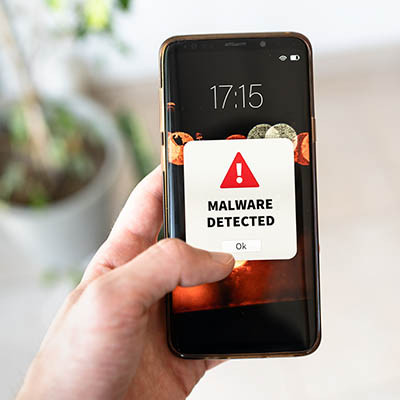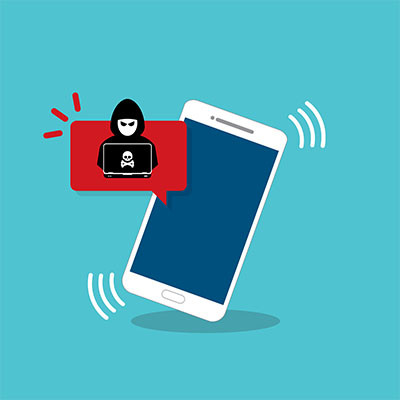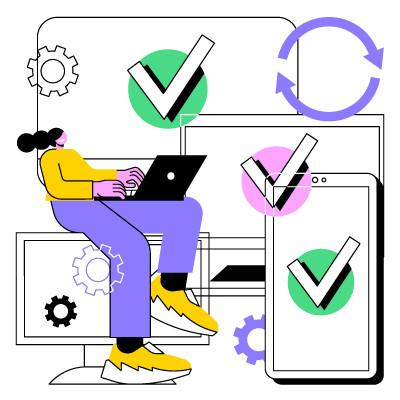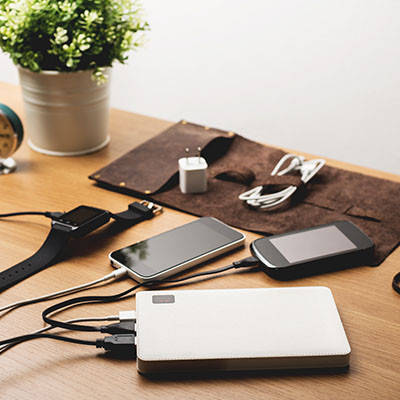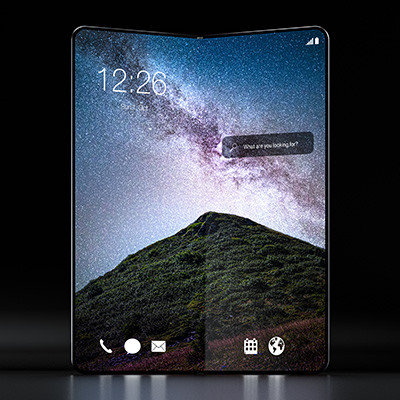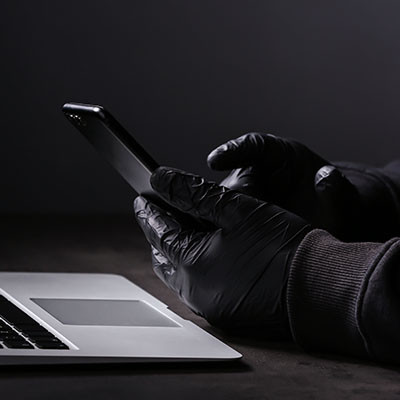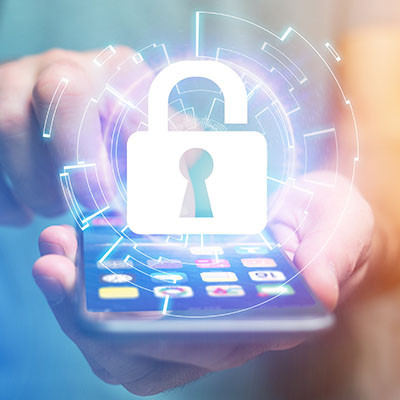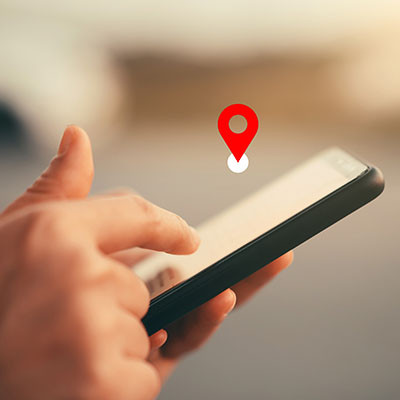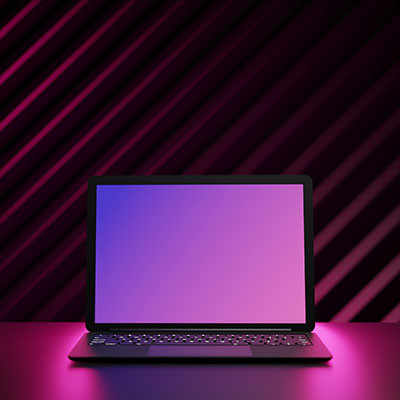In a perfect utopia, you would never have to deal with random papers or sticky notes scattered all over your desk. Going paperless isn’t just trendy—it helps you stay organized, save money, and do something good for the environment. But what does it take to go fully paperless? Let’s take a look at a paperless strategy and what it can do for you.
BlackCSI Blog
McAfee recently released a list of 15 applications the company identified as “predatory loan apps” available for download from the Google Play Store. While steps have been taken to remove them from the platform, we can now discuss how mobile applications can be weaponized if a user is not careful.
Let’s start by discussing the current issue of SpyLoan apps.
Since mobile technology infiltrated the mainstream office, businesses have embraced it as a valuable communication tool. That said, mobile devices are also keys allowing hackers and other potential thieves access to your most inner sanctums. Today, we want to go over some of the options you have for mobile device management and why it’s such an important concept for your business.
With AI changing the way we work forever, it was only a matter of time before it infiltrated the mobile market. Nowadays, smartphones and tablets are smarter and more powerful than ever, all through the use of AI. Let’s look at the trends in mobile AI usage and how your business can leverage it to your advantage.
Mobile malware might not have a lot of attention on it, but it can be a significant problem for organizations that rely on smartphones. This goes double for small businesses that typically don’t have the large teams and big budgets for their mobile strategies that include devices, data and phone plans, and security controls. Today, we’ll look at mobile malware and how an organization with a limited budget can keep it from impacting its business.
With mobile devices playing a crucial role in modern business it’s extremely important to have a clear plan for managing them. Unfortunately, this isn’t so cut and dry. Today, we’ll explore the differences between two of the most popular mobile management strategies: Bring Your Own Device (BYOD) and Corporate-Owned, Personally Enabled (COPE).
Foldable phones are an interesting anomaly in recent technological development. The traditional flip phone eventually gave way to the large-screened smartphone, but now the smartphones have veered in the direction of folding. There is a considerable amount of excitement about these devices in some circles, but issues with pricing and fragility have kept them from going too mainstream yet. However, there are some arguments in favor of them that we want to examine today.
Businesses are always trying to improve on efficiency, and one method they use to do so is mobile technology. Businesses invest in mobile technology like smartphones, laptops, and data plans for their employees with the expectation that it will help them be more productive, but the fact of the matter is that these investments are costly for the return. There is another approach businesses use: Bring Your Own Device, or BYOD, and it’s a great way to save capital while achieving the same levels of productivity from mobile technology.
Organizations are always trying to get more efficient. One way that businesses are able to accomplish this is by utilizing mobile computing. This used to mean that businesses would have to spend a bunch of money purchasing phones, data plans, and the like for their employees. Some time ago, businesses started to realize that they could improve their mobile strategies without this massive expense by enacting a BYOD policy. Let’s discuss what a BYOD policy is and how it does more than just save a business money.
Quick response codes, or QR codes, are all over the place in today’s business world. They have largely been implemented as a means of providing contactless services throughout the pandemic and post-pandemic business environment, but they have also long been used for things like menus, document access and management, and so on. Even cybercriminals are using QR codes to their advantage, making it harder for all of us to trust them.
You always read that “business has changed”. This is true because society has changed; and technology supports this new normal. More people use their mobile devices for a majority of their communication, their browsing, and a lot more, and it is changing the way business is conducted; it’s just not always easy to separate work use from personal usage. Let’s take a look at some of the ways mobility has changed the way people approach work, and how that shift in perspective has changed business.
Bad news for T-Mobile users, they’ve suffered another data breach. Hackers have gained access to customer data for nearly 37 million individuals, including both pre-paid and subscription-based accounts. Let’s look at what has happened and what knowledge you might apply to your own network security practices.
Mobile devices have cemented themselves in day-to-day life, so much so that people feel uncomfortable when they don’t know where their smartphone is or if they don’t have it on their person. Furthermore, devices can keep track of your location; this goes for the applications on your device, as well. How do you keep track of which devices have these privileges, and what do you do to manage them?


